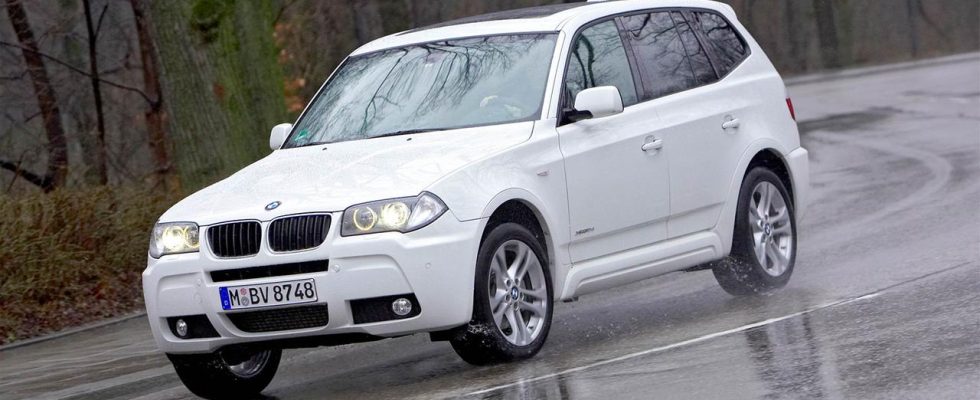According to the Federal Motor Transport Authority, BMW cars have a defect in emissions control. The affected vehicles are primarily the SUV model X3.
According to the Federal Motor Transport Authority (KBA), the exhaust gas purification of BMW cars has an inadmissible switch-off device. In vehicles, exhaust gas recirculation is reduced when the air conditioning is switched on. This reduction also takes effect when outside temperatures are within the normal range, the authority said.
Around 33,000 cars in Germany affected
According to rulings by the European Court of Justice (ECJ), these reasons constitute “inadmissibility,” it said. The vehicles thus impermissibly reduced the effectiveness of their pollutant reduction against nitrogen oxides.
According to the KBA, around 33,000 examples of the “X3 xDrive20d” and “X3 sDrive 18d” types are affected in Germany. In Europe there are an estimated 100,000 to 150,000 cars. However, it is unclear exactly how many of these cars are still on the road.
So far, an official decision has only been made in Germany, said a BMW spokesman. The company is cooperating with the authorities and has presented an action plan for hardware and software updates, according to the KBA. From June 2024, vehicles built between 2010 and 2014 are expected to be updated.
BMW reserves the right to object
BMW was unable to provide any information about the costs. It has not yet been decided how extensive possible updates will be. The company also reserves the right to examine an objection to the KBA’s decision, which is not yet final. BMW is of the opinion that the engine control system used to clean emissions complies with legal requirements.
“Nevertheless, the company recognizes a potential problem with the durability of individual components of the exhaust gas purification system in the hardware of the vehicle model in question,” it said. As a result of the ECJ decisions, the requirements for diesel vehicles are being re-discussed. “A benchmark is applied retroactively to technologies that are up to 15 years old.” According to BMW, the affected cars were manufactured between 2010 and 2014.
In the wake of the VW diesel scandal, car manufacturers had long argued that limiting exhaust gas purification to a certain so-called thermal window was necessary to protect the engine. Otherwise it could be damaged. The ECJ recently tightened the interpretation of emissions regulations in several decisions.

